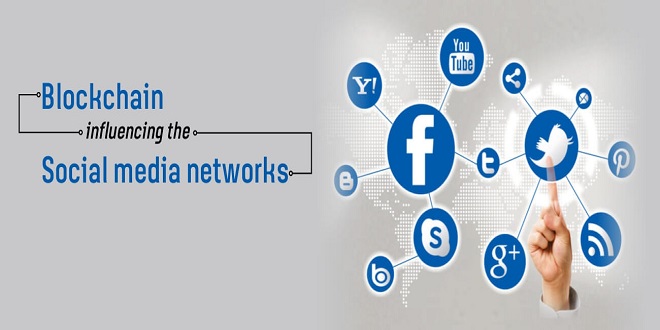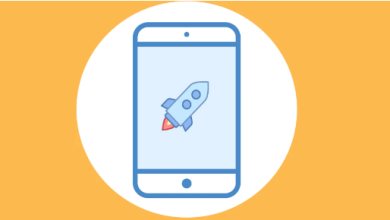Blockchain Social Media – A Step Towards User-Controlled Data

The internet has been a powerful tool in connecting people all over the world. Social media has changed the way people communicate and share information. Social media has been criticised for storing and using data. Blockchain social media is a brand new concept that aims to give users greater control over their data.
Blockchain is a distributed database that makes it possible to make secure, transparent and tamper-proof transaction. It is well-suited to social media applications that share data constantly. Blockchain social media allows users to control who can access their data and how it’s used.
Many blockchain social media platforms are in development. While some platforms are focused on privacy, others seek to establish a decentralized internet. These platforms give users greater control over their data in both cases.
Although blockchain social media is still in its infancy, it could change how we interact with the internet. Blockchain social media could enable users to control their data and create a more private, secure internet.
What is Blockchain Social Media?
Social media is now an integral part our daily lives. It allows us to stay connected with our loved ones, share our thoughts, and keep up to date on the latest events. What if social media could be used to do more? What if social media could be used to make the world more democratic and transparent? This is where social media blockchain comes in.
Blockchain social media uses blockchain technology to allow users greater control over their data and decentralize social media. Blockchain social media allows for a decentralized platform that is not controlled by one entity. Instead, it’s run by a network of decentralized nodes that each have a copy the platform’s data.
This makes blockchain social media platforms less susceptible to manipulation and censorship. Users have more control over their data and can choose to share it only with people they trust.
Although blockchain social media is still in its infancy, a few platforms have already been up and running. Steemit is an example of a blockchain social networking platform. It’s a content-sharing and blogging platform that rewards users for creating and curating content with cryptocurrency.
Akasha is another example. It allows users to share and vote on content and can curate content from others. Akasha uses smart contracts and is built on Ethereum blockchain. It gives users greater control over their data.
Blockchain social media may be the best option if you are looking for a more private, secure and private way to use social networks.
Why is it important to have a decentralized social media network
We all know what it is like: when we wake up, we check our phones and scroll through endless amounts of notifications, updates, and ads. Although social media is now an integral part our lives, it has come at a price. Our data is constantly being sold and collected, our attention is being diverted, and our time being wasted.
What if there were a better way? What if social media networks were decentralized? Would users be the first to use them? And would we have data control back?
This is the promise of decentralized social networking. We can make social media more private, secure, and empower-able by decentralizing data and power.
Here are four reasons to consider a decentralized social network:
1. Your data is yours.
Your data is owned by the platform when you use a central social media network. You have no control over the data and they can do what they like with it.
You control your data with a decentralized social network. You have control over who can access it and what they are allowed to do with it. It cannot be sold without your permission and it can’t be censored.
2. It is more private.
Social media networks centralized collect huge amounts of data about their users. They have access to your location, interests, habits, relationships, as well as your location. These data are used to target you with content and ads.
This data collection infrastructure is not available to decentralized social media networks. Although they may still collect data, it is usually anonymized so that you aren’t targeted with ads. This allows for a more private social-media experience.
3. It is more secure.
Hackers are attracted to social media networks that are centralized. These platforms aren’t secure and your data is at risk. This has been proven repeatedly.
By design, decentralized social media networks are safer. They are not vulnerable to hackers and often use encryption to secure user data. This makes them less attractive to hackers.
4. It is more powerful.
Users feel empowered when social media networks are centralized. Although we believe we are in control, we don’t have the power. The platform determines what and how we see it. They have full control over the algorithms and can alter what we see for their advantage.
Social media networks that are decentralized can be truly transformative. We have complete control over our data, privacy and the experience we have. We can decide what content we see and opt-out from the algorithms. You can make your own social media experience and connect with others according to your own terms.
The central social media model is dead. It is time to do something new. It is time to create a decentralized social network.
Discover the essence of crafting captivating magazine content, delving into the art of storytelling and visual aesthetics. Uncover the secrets to engaging readers through compelling narratives and striking imagery, elevating the impact of each page turn. Master the intricacies of magazine creation to resonate with diverse audiences and leave a lasting impression.



